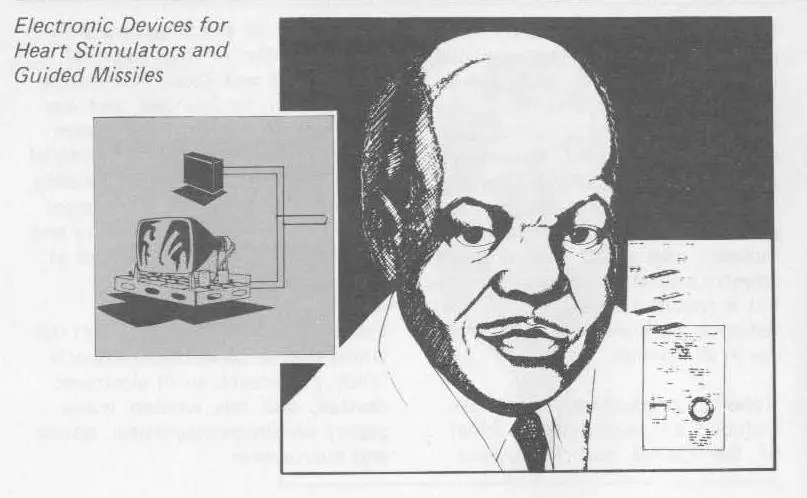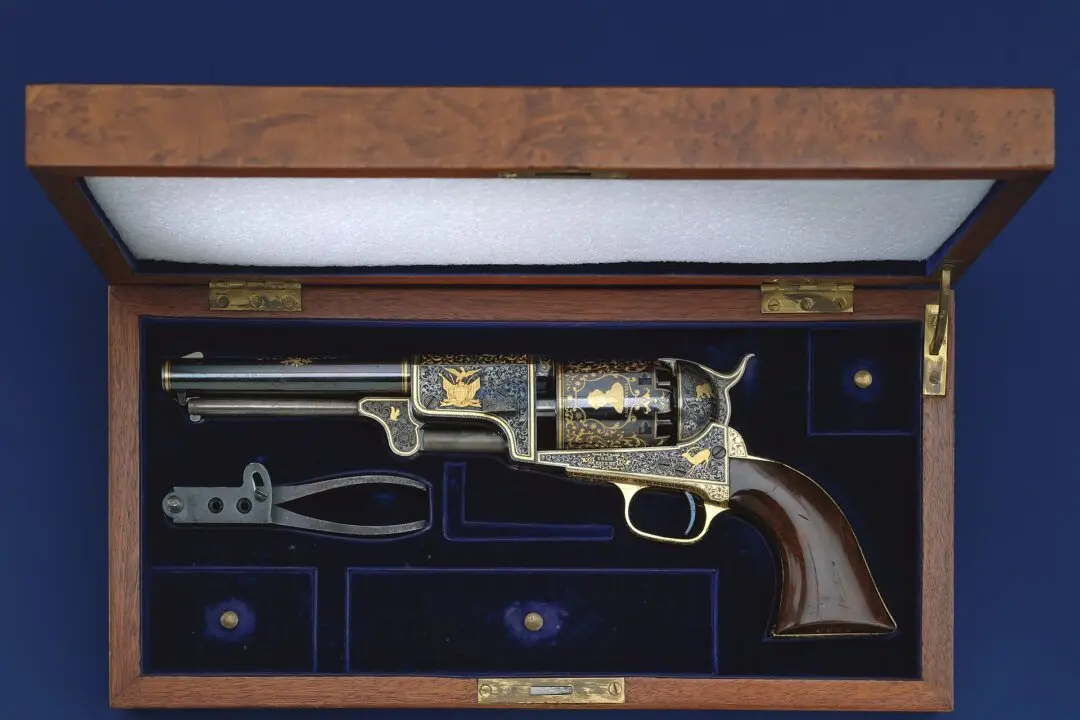Commanding battleships on the high seas coursed through his veins. Oliver Hazard Perry made his name as a commodore who helped secure the young United States’s northern territory by winning the Battle of Lake Erie during the War of 1812.
He was born in 1785 in Rhode Island into a family with deep seafaring roots. Perry’s father, Christopher Perry, was a privateer during the Revolutionary War and a captain in the Navy during the Quasi War with France, an undeclared naval war with the First French Republic between 1798–1800. Perry’s uncle was also a mariner, who sailed to Japan to open up trade with the United States. Perry was named after his uncle who had died at sea.






